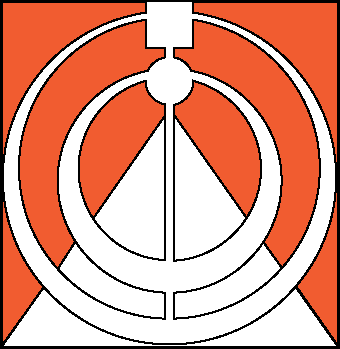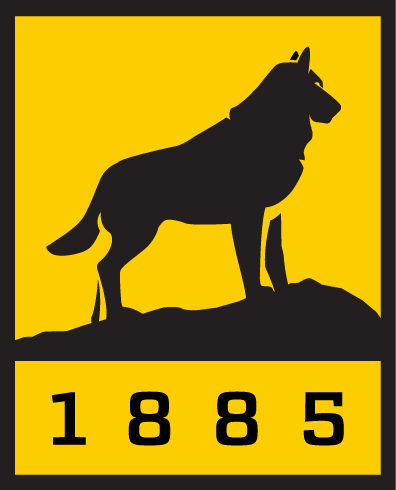Preview of New M-STEP Science Test Reveals a Good Fit with Mi-STAR
Wednesday, June 21, 2017
From all reports, Michigan middle schoolers and their science teachers are enthusiastic about Mi-STAR. Not only are the units fun and interesting, but the students also emerge with a deep understanding of the subject matter. But how well will Mi-STAR prepare students for the upcoming NGSS-aligned standardized tests, which serve as yardsticks, not only of students' learning but also of their schools' educational quality?
It is too soon to tell for
sure, but at least one pilot teacher thinks Mi-STAR will give her students skills they will need to excel on the Michigan Student Test of Educational Progress (M-STEP) science test.
Jen Pera teaches science and mathematics to middle schoolers at Jeffers High School, in Painesdale, and has piloted two different Mi-STAR units in her 2016-17 seventh grade class. “Student engagement is really high with Mi-STAR,†she says. “They are excited to come to class, and I know the curriculum is working. Through the unit's embedded assessments, they demonstrate a lot of knowledge.â€
Like students throughout the state, Pera's students take a battery of M-STEP tests, and starting in 2018, a science test with some NGSS-aligned questions will be piloted in the eighth grade. Pera was given an opportunity to pilot a beta version of the test in April with her eighth graders. When she reviewed some of the M-STEP test questions, they looked awfully familiar.
“Their sample test items were aligned with NGSS—they have the same types of assessments we use in Mi-STAR,†she said. “This test was for eighth grade, but when I saw the questions, I knew my seventh graders, with all their Mi-STAR experience, were ready for it. If they could take this test, they would rock it.â€
Next year, she'll have a chance to find out for sure. “By then, we'll have seventh and eighth grade students with plenty of Mi-STAR experience,†Pera says. “I think they should do very well.â€
GET Mi-STAR NEWS BY E-MAIL!
Copyright © 2026 Mi-STAR
Mi-STAR was founded in 2015 through generous support provided by the Herbert H. and Grace A. Dow Foundation. Mi-STAR has also received substantial support from the National Science Foundation, the MiSTEM Advisory Council through the Michigan Department of Education, and Michigan Technological University.


















